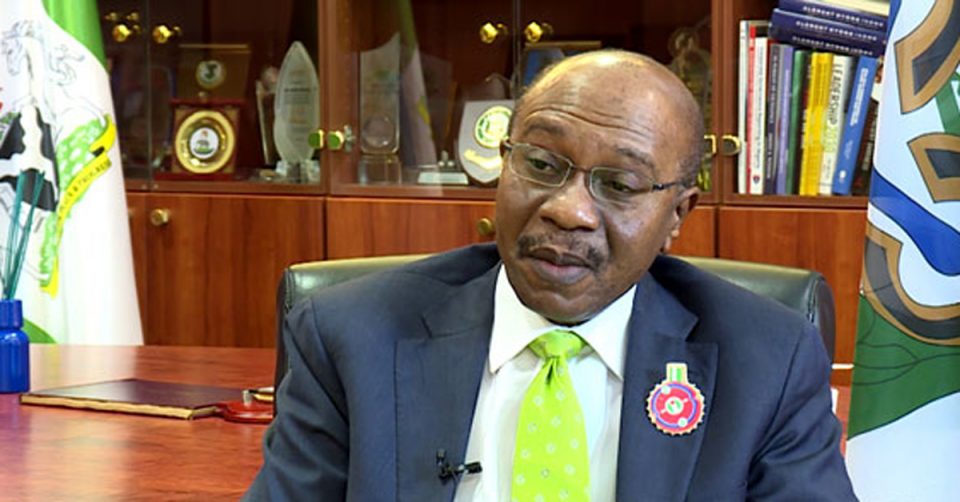The external reserves have fallen below the $40bn mark to the lowest point in over three months, figures from the Central Bank of Nigeria have revealed.
The reserves dropped to $39.82bn on February 2, 2022 from $40.53bn as of December 30, 2021.
The country’s external reserves had jumped from $39.82bn on October 15, 2021, to a high of $41.83bn on October 29, on the back of Eurobond inflow and the International Monetary Fund’s Special Drawing Right.
The country’s external reserves rose by $5.12bn last year from $35.37bn at the end of 2020, according to CBN data.
At the first Monetary Policy Committee meeting this year, the Governor, Central Bank of Nigeria, Godwin Emefiele, said, “Members also noted the continued improvement in the external reserves despite ongoing foreign exchange market pressures. The reserves stood at $40.2bn as at December 2021.”
Emefiele had earlier noted that the external reserves rose to over $41bn in October 2021, supported by demand management measures, Eurobond inflow of $4bn and the IMF’s SDR.
A former President, Association of National Accountants of Nigeria, Dr Sam Nzekwe, said a lot of money came from the diaspora by November and December.
He said insecurity had affected investments in the country and productivity was low.
According to him, the productivity level must rise in the country before it can have a significant impact on the external reserves.




